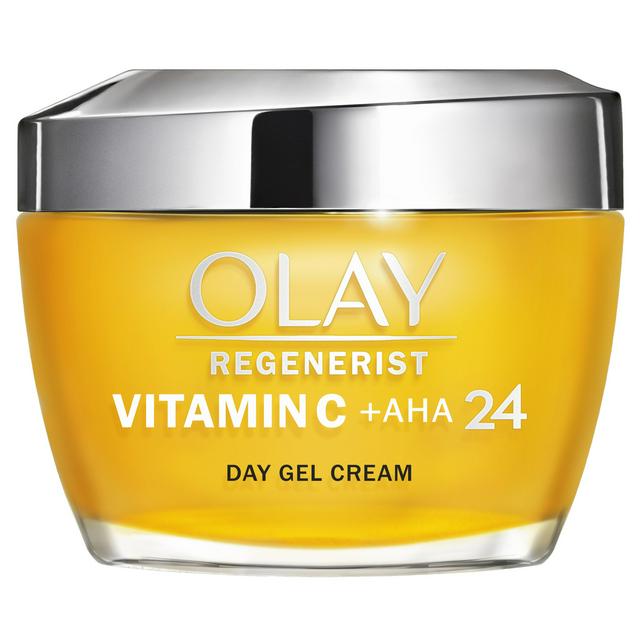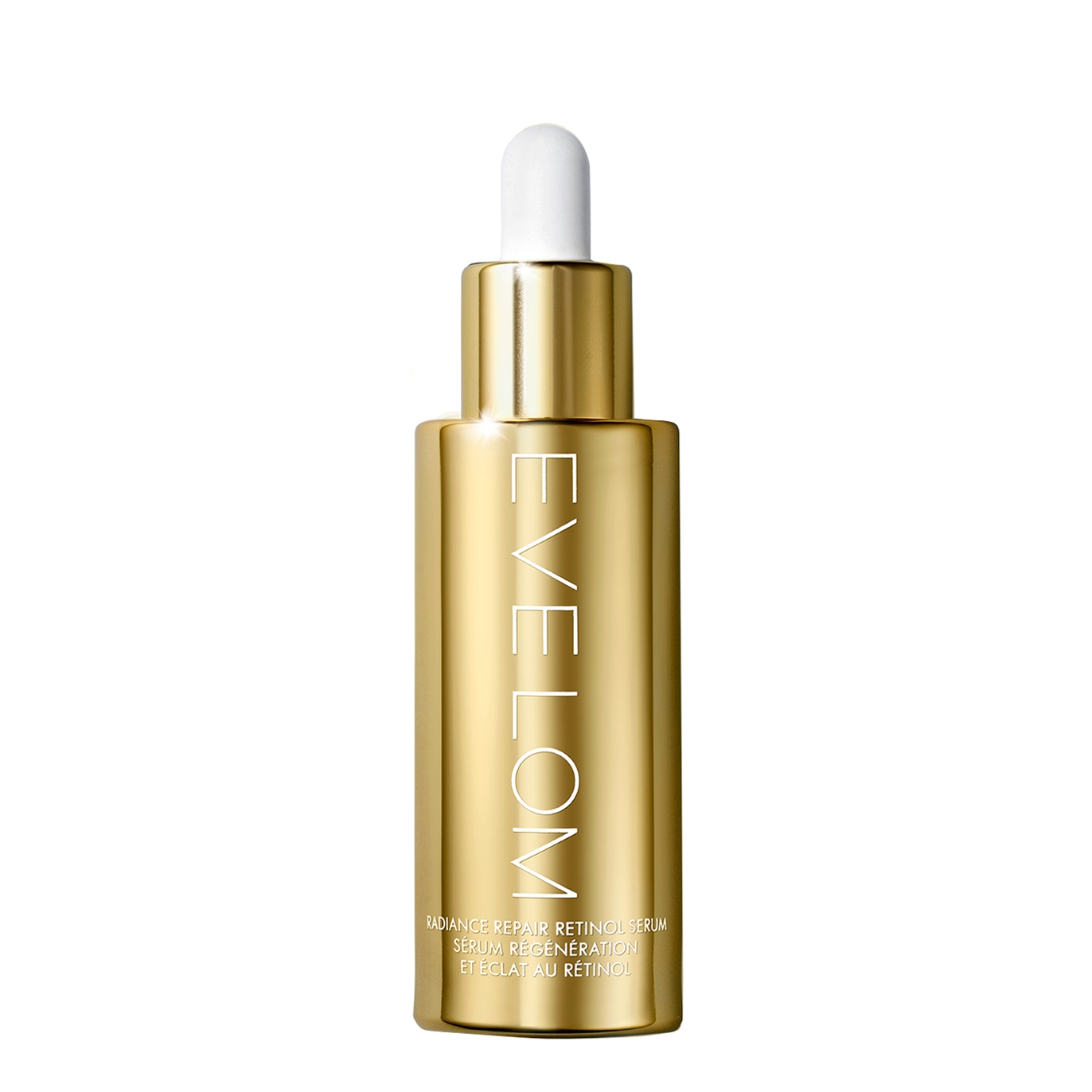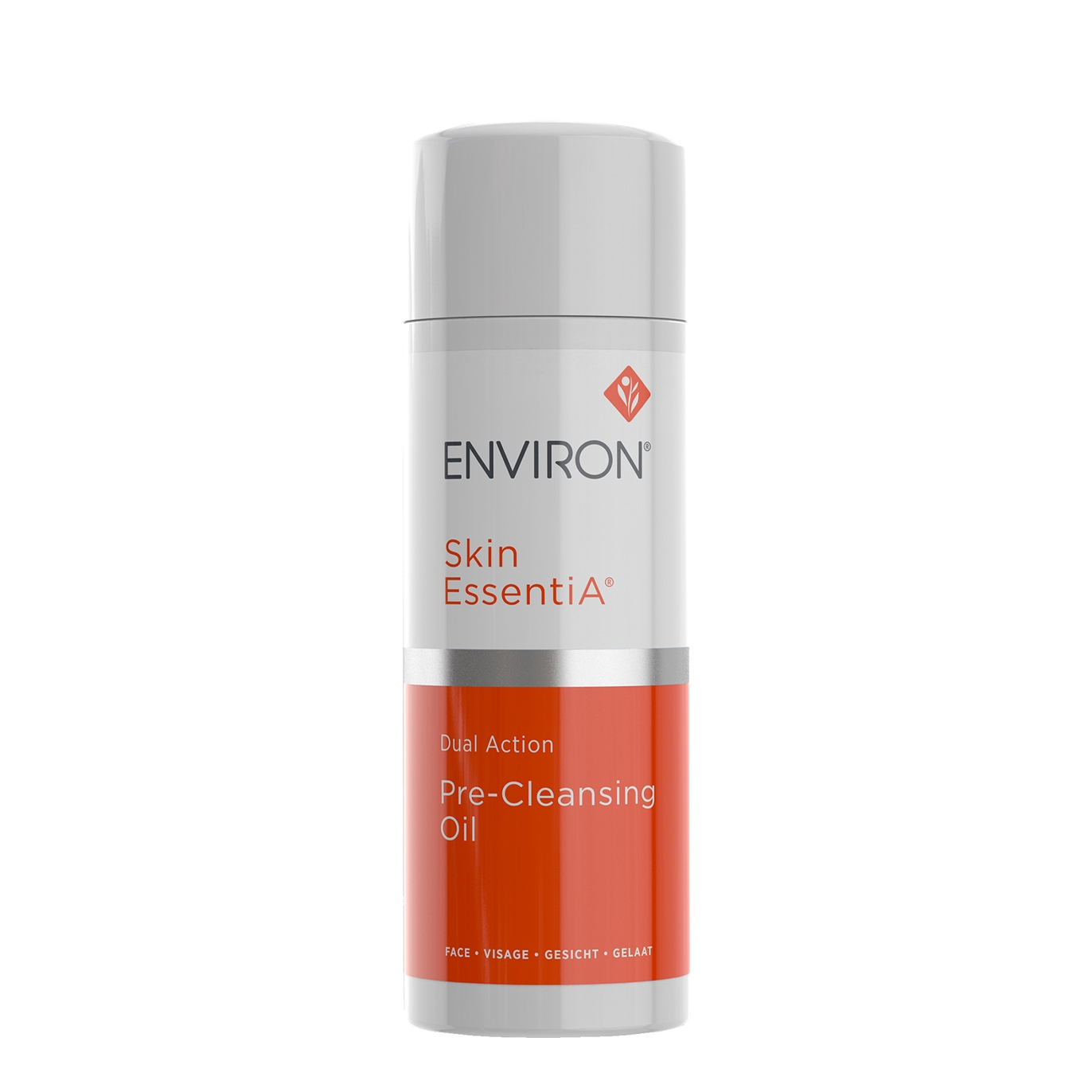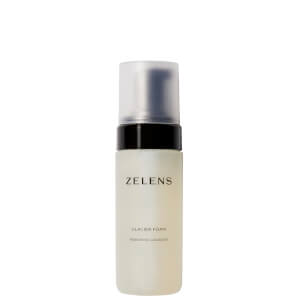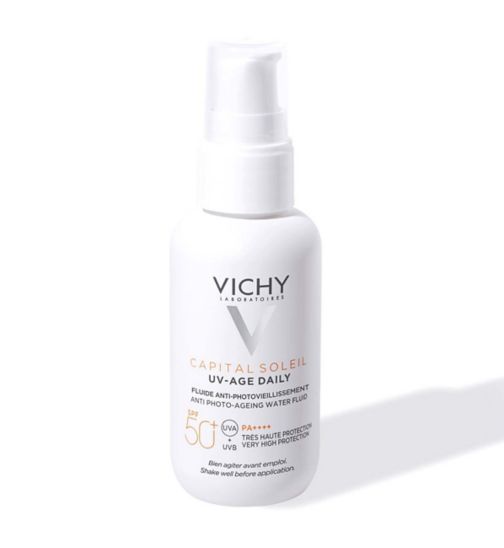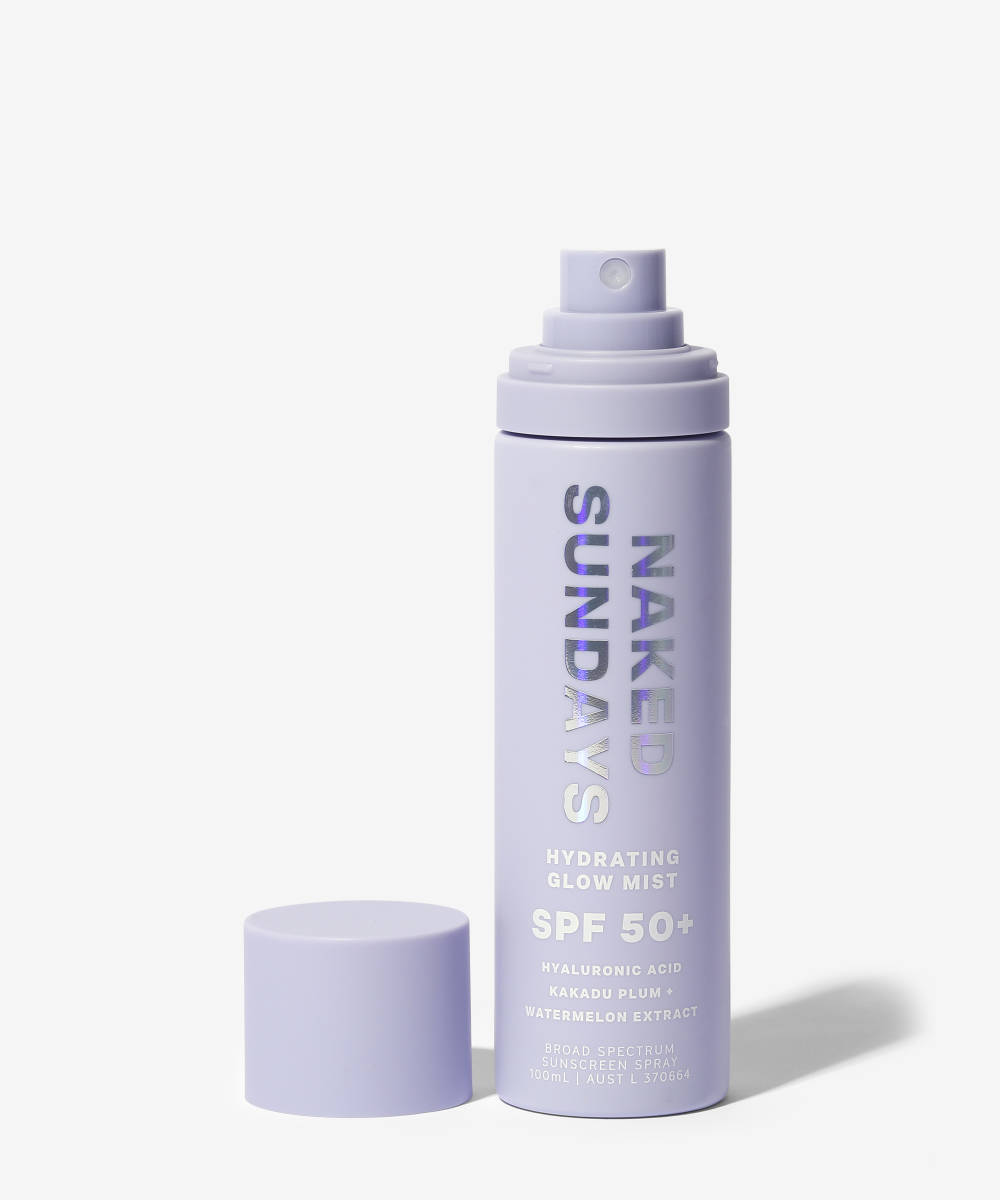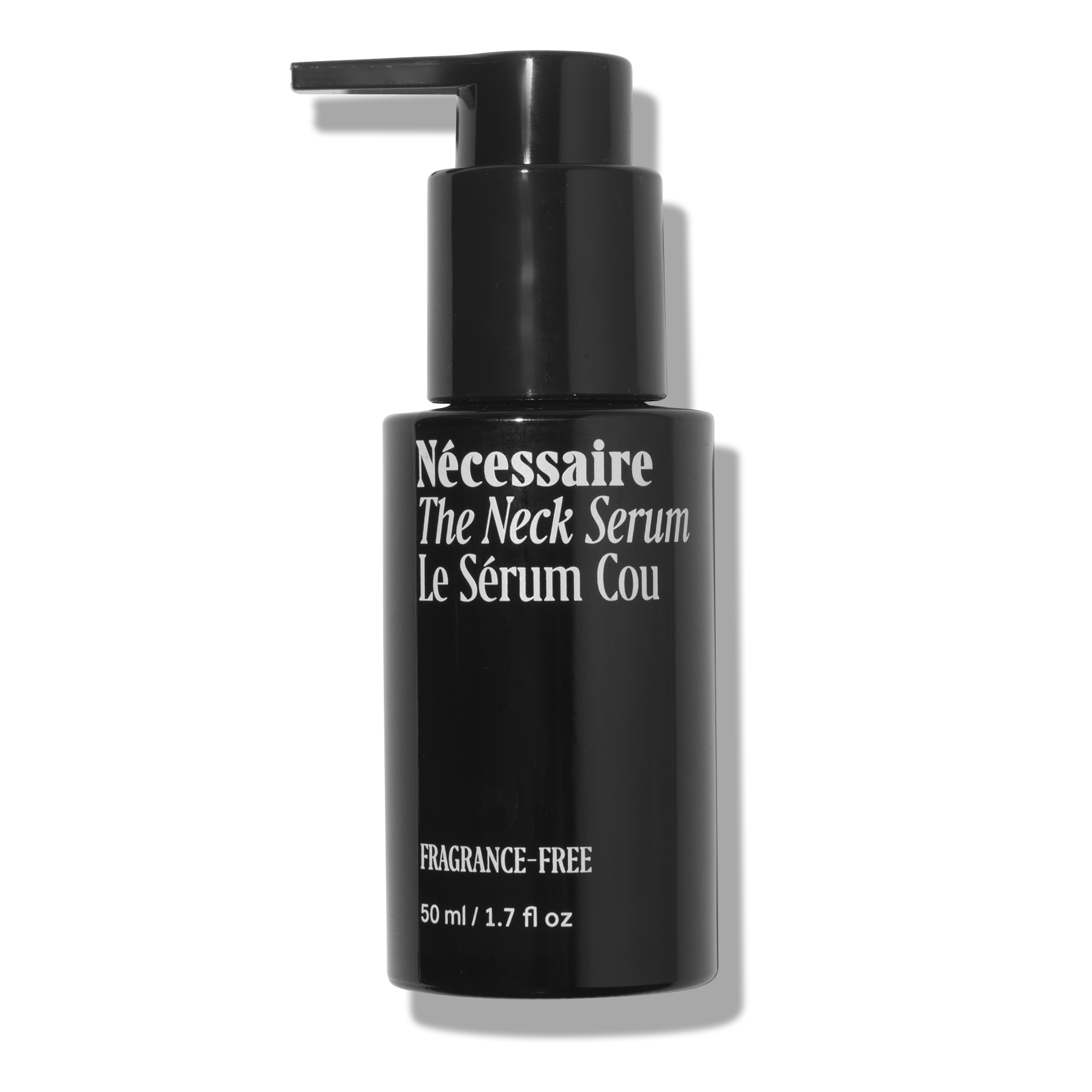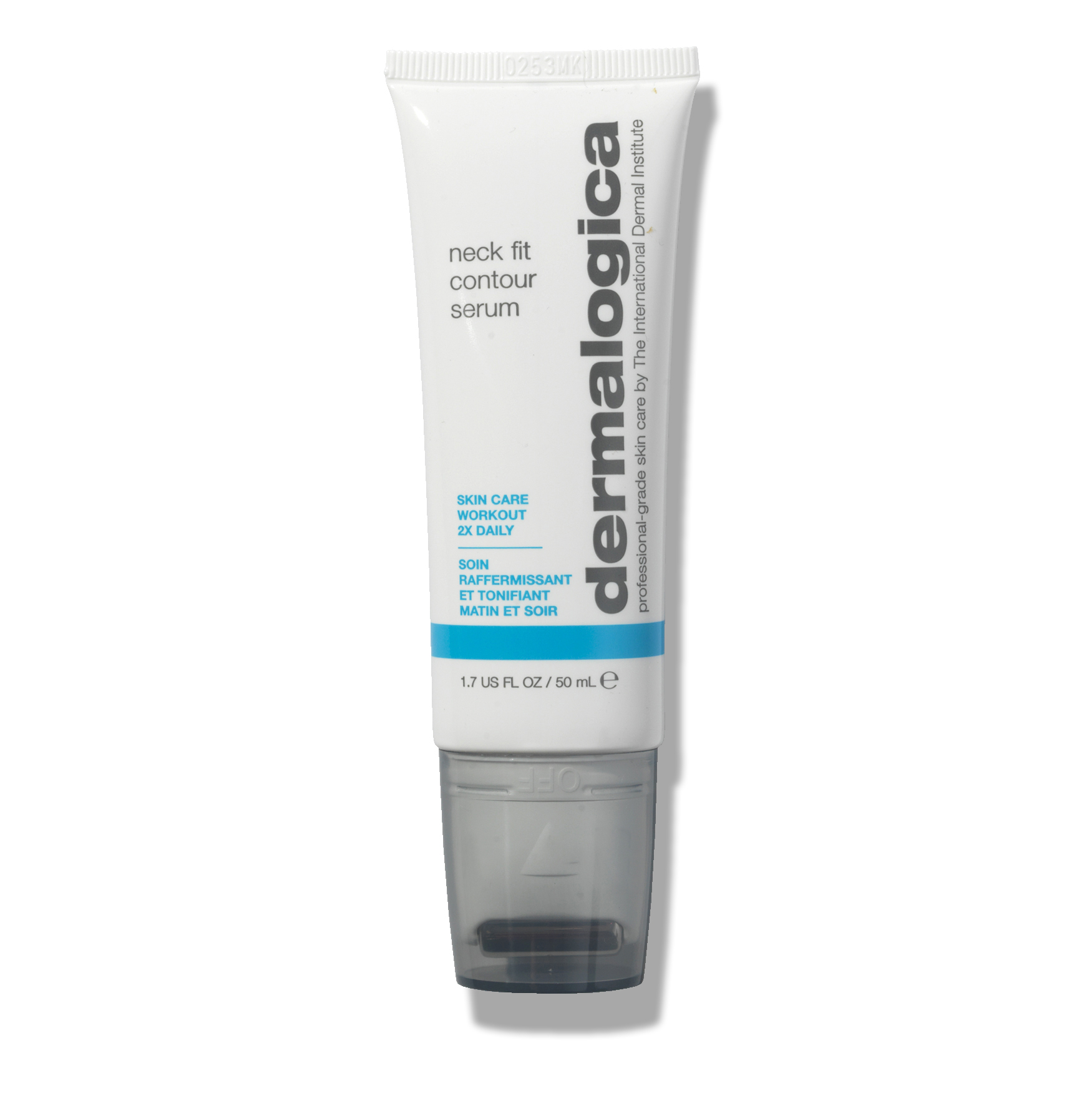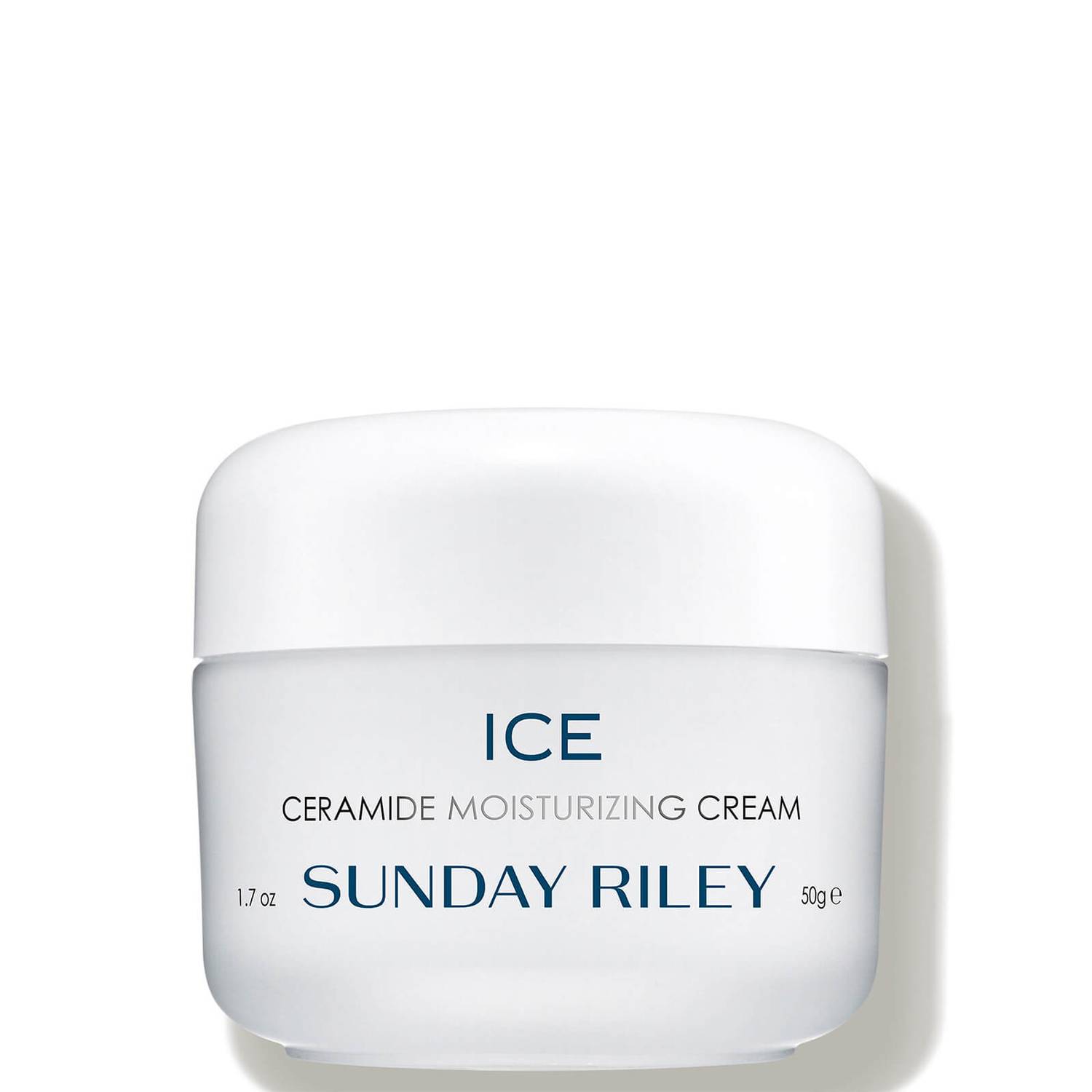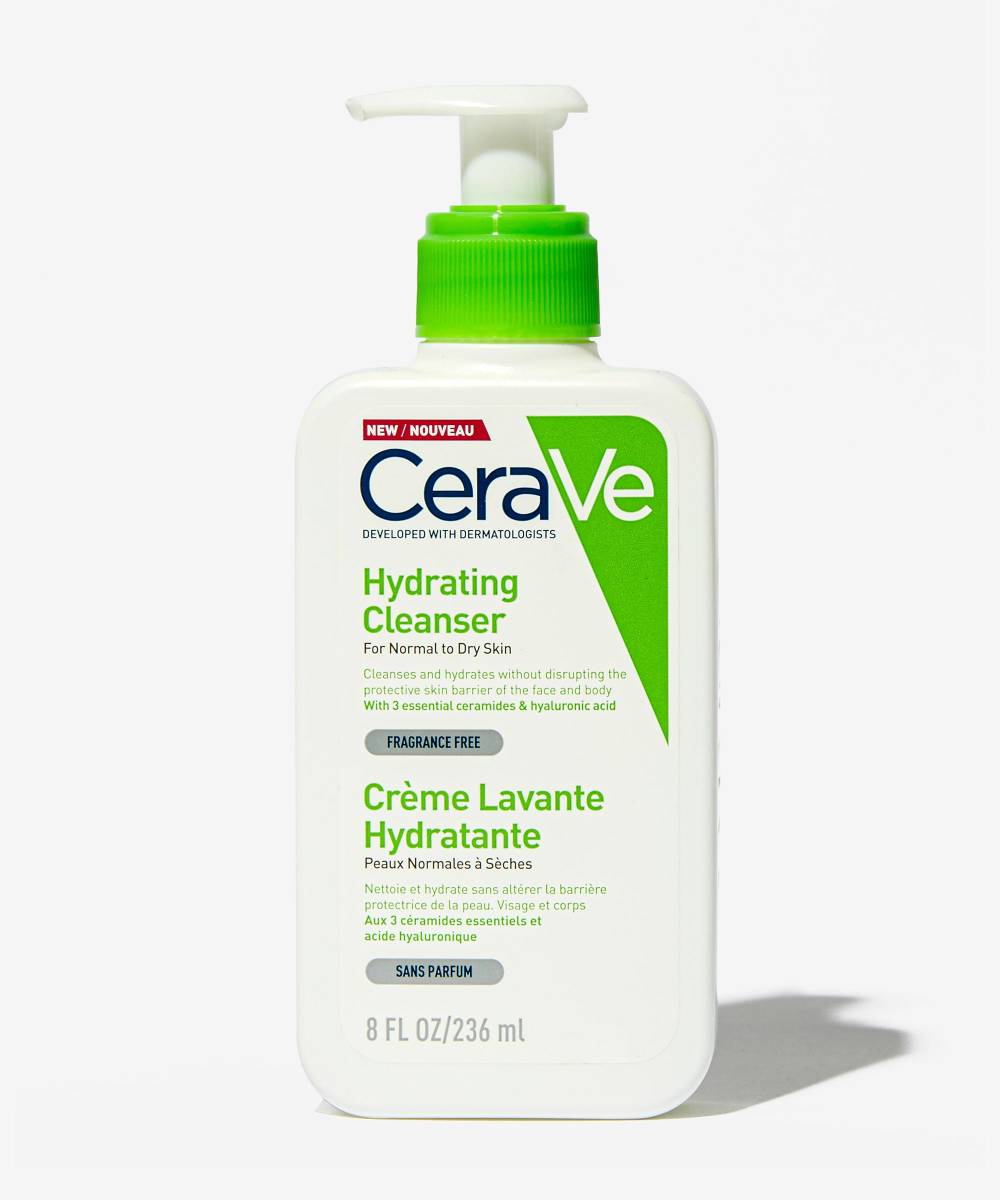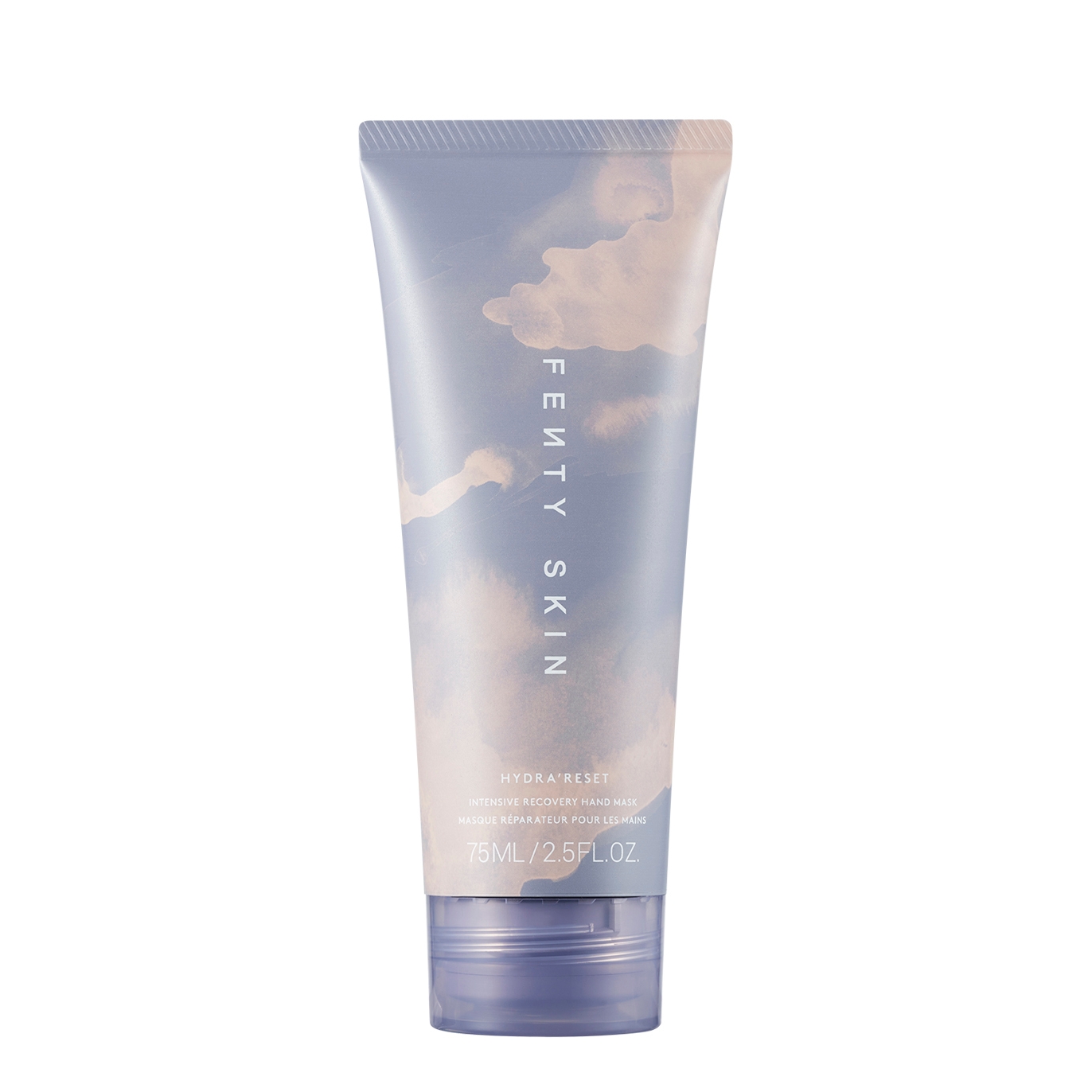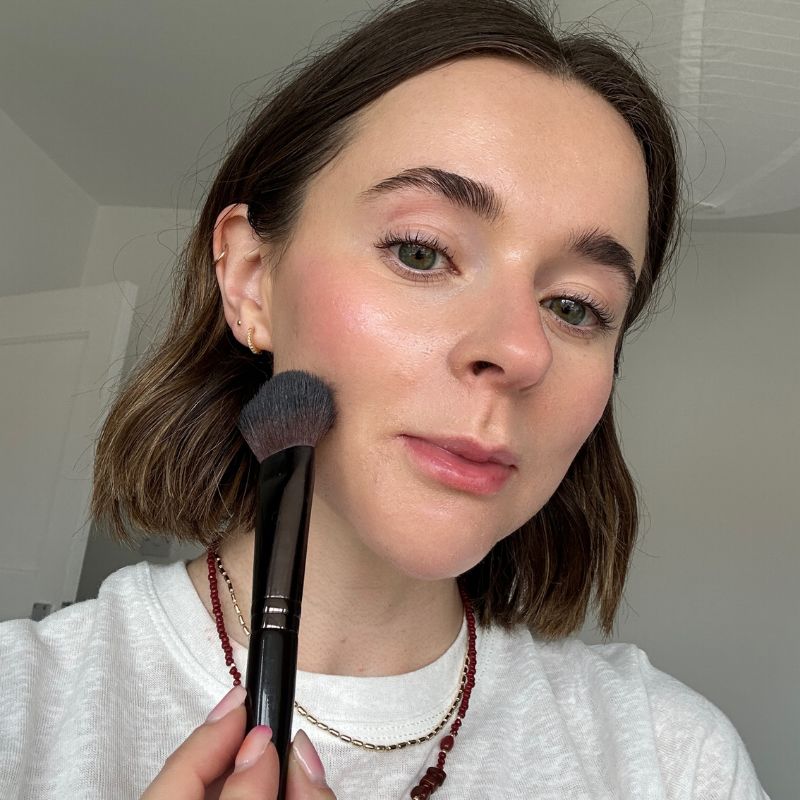5 Skincare Rules Dermatologists Wish You Knew
There’s one thing that nearly everyone wants: skin that looks like it’s been under the hands of a skincare professional every week. But the fact is as much as we love a facial or spa day, good skincare starts with our everyday skincare routine. The good news? From the order of applying products to how to cleanse properly, no matter what your maintenance level, there are some easy skincare rules we can all put into practice that will instantly improve our routines and skin.
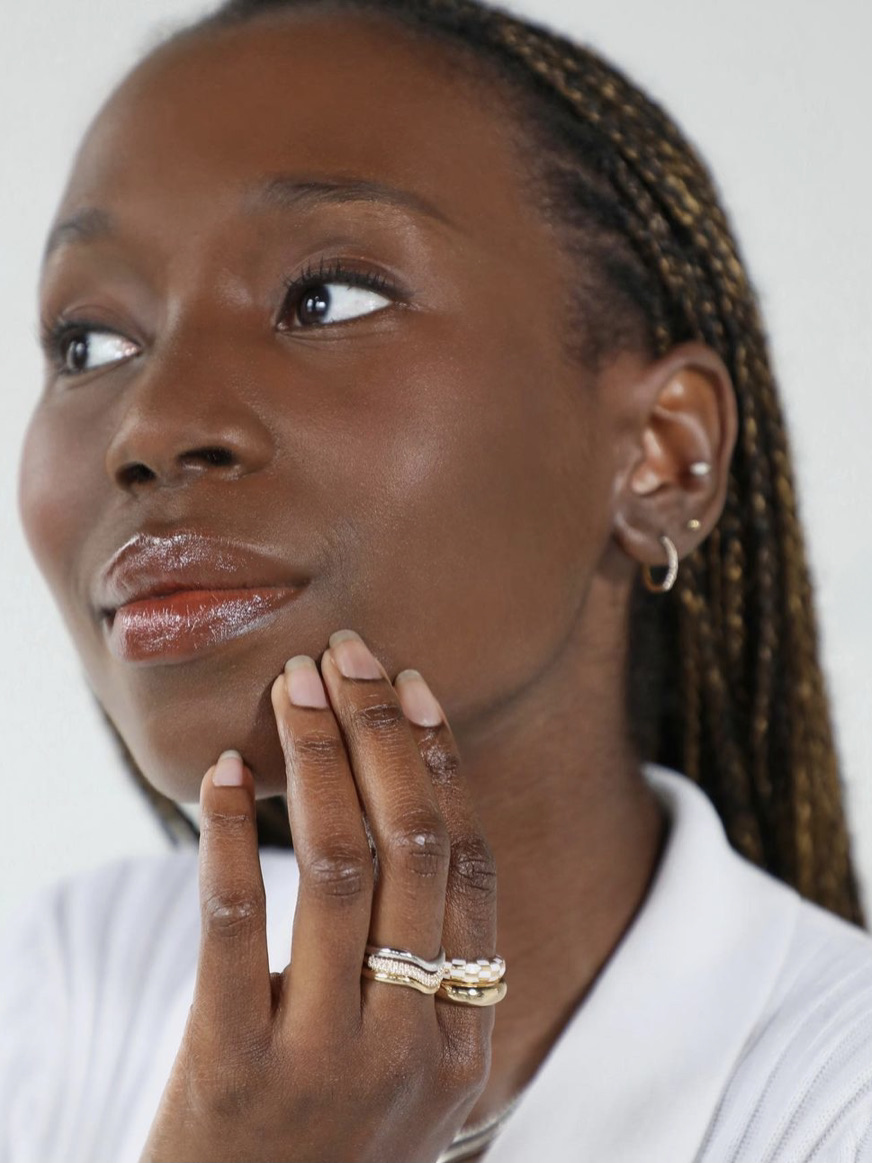
Whether you consider yourself a skincare pro or you’re a total newbie, you can always benefit from some expert advice, and who better to ask than a dermatologist? Quite literally the world’s skincare experts, dermatologists have devoted their lives to the study of skin. They know the products and ingredients that are best suited to your particular skin type and concerns, and they can also take one look at your skin and know exactly which skincare mistakes you’re making and how to fix them.
Since it’s not always easy to get face time with the experts, we’ve done the hard work for you and spoken to some leading dermatologists in order to discover their top skincare rules. The following tips and tricks will help you score clear, healthy skin with just a few tiny tweaks. You're welcome!
1. Less Is More
Bigger doesn’t necessarily mean better. In fact, sometimes it means the opposite. Overly elaborate skincare routines can mean ingredient contraindications, which can render your products ineffective or worse cause unpleasant skin reactions.
"You don’t need to have a 10-step skincare routine to get a benefit from your skincare regime,” says dermatologist Sonia Khorana. "Streamlining your routine by using fewer but smarter products is definitely the way forward.” So what ingredients are essential to your daily skincare routine? According to Khorana, a broad-spectrum sunscreen, an antioxidant (such as vitamin C) in the morning and a retinoid in your evening routine. "These three ingredients are the absolute bare-bones essentials for any skincare routine,” she advises.
Shop the products:
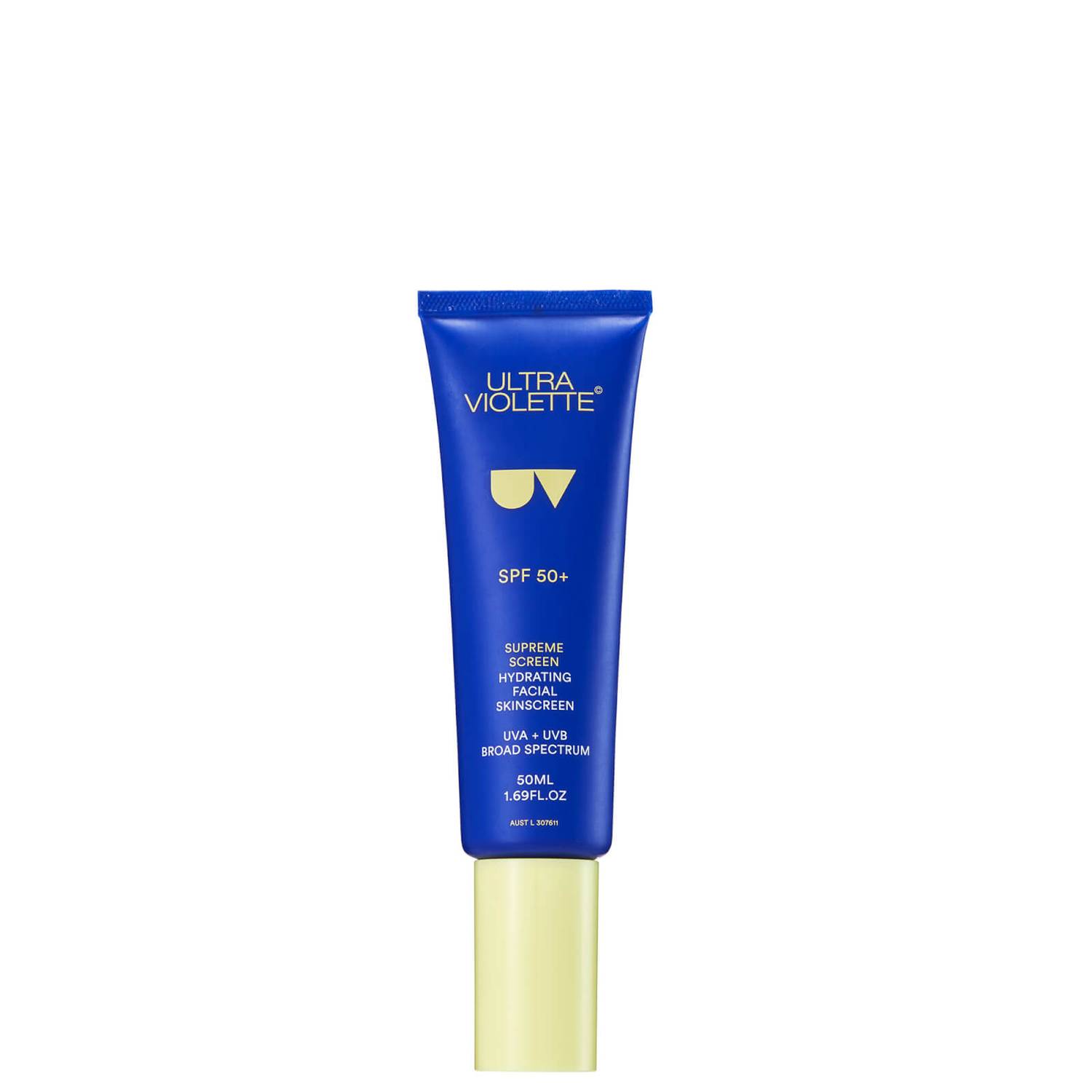
Aussie brand Ultra Violette has yet to make a sunscreen that doesn’t impress. Meeting the tough standards of Australian sunscreen regulations means its formulations are some of the best in the world. This particular formula is packed with hydrators to give skin an added moisture boost while it protects.
2. Never Skip Your Evening Cleanse
"Always cleanse at night,” says consultant dermatologist Zainab Laftah. "Dead skin cells, sebum, pollution and impurities accumulate on the skin during the day, which can lead to blocked pores and comedones.” If you wear makeup, then it’s especially important to follow this rule since makeup that’s left on skin will further clog pores and in doing so reduces the efficacy of any skincare products you apply.
When you do wash your face, Khorana recommends using lukewarm water, not hot water. "Hot water can do more harm than good,” she advises. "It strips the skin of sebum, healthy fats and oils (cholesterol, fatty acids, ceramides), which are necessary for skin health, and this compromises the skin barrier function.”
To wash off a day’s worth of makeup, sweat and dirt, remove the bulk of makeup with a micellar water before beginning your cleanse proper. Try adopting the double-cleansing technique, which sees an oil-based cleanser used first to break down any oily substances on the skin, then a gel or foaming face wash to remove any remaining residue.
Shop the products:
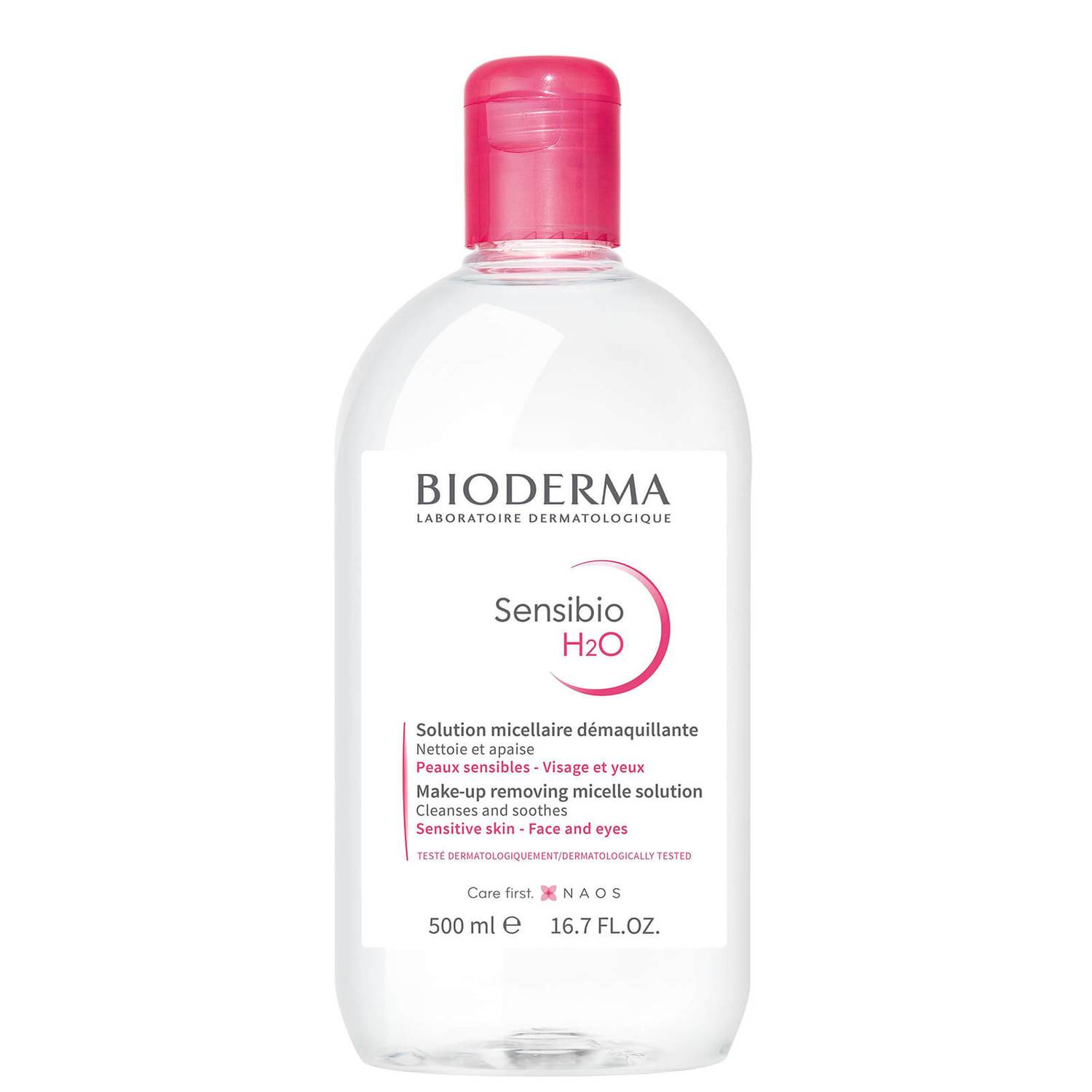
A staple product in every makeup artist's kit thanks to its ability to quickly and effectively break down even the most stubborn waterproof makeup. What’s more, this particular formula was developed with sensitive skin in mind, so it won’t cause any irritation.
3. SPF Is for Life, Not Just for Summer
Ask any dermatologist for their top skincare tip, and the importance of wearing SPF daily will be the first thing they say. "I recommend daily sunscreen use all year round to my patients to help protect against skin cancer, treat uneven pigmentation and for its anti-ageing benefits,” says Khorana. "You should wear it regardless of the weather because UV rays can still pass through cloud cover. UVA rays are present all year round. As long as there’s daylight, there’s UVA.”
According to Laftah, wearing SPF daily will significantly help to achieve more even-toned skin. "The longer UVA wavelength, which penetrates through glass and clouds, can damage the skin and result in pigmentation and redness,” she says. But of course, consistent application and the quality of the product used make all the difference. To really see results, she recommends daily application of a broad-spectrum SPF 50 with five-star rating throughout the year, not just in summer.
Shop the products:
4. Don't Forget Your Neck
It’s all too easy to focus on the face, but your skin has the same needs all over, and your neck is often one of the first areas of your body where you’ll notice those telltale signs of skin ageing: fine lines and loose skin. According to Khorana, this is because the skin on our neck is thinner and has fewer sebaceous glands. "It is often also a neglected area, which is why it's prone to showing those early signs of ageing and sun damage,” she adds.
Of course, the beauty industry has delivered an entire category of serums and creams specifically designed to be used on the neck, but if you don’t want to add an extra step to your routine, then simply make sure you’re applying the same products you use on your face to the neck and décolletage. Hydrating serums and moisturisers will help to counteract extra dryness in this area, and antioxidant serums will help to stimulate collagen and elastin production to keep skin smooth and prevent it from creasing. It goes without saying that SPF is also an essential one, especially if you’re focussed on targeting ageing skin.
Shop the products:
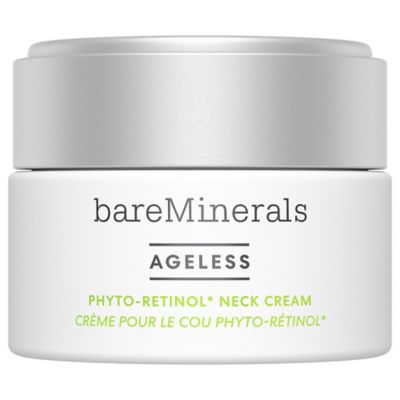
Hyaluronic acid, protein peptides, squalane and a plant-based alternative to retinol work together and individually to firm, nourish and smooth the appearance of fine lines and crepiness on the neck and décolletage. User trials show impressive results over time.
5. Change Your Skincare Routine Seasonally
Yes, consistency is key, but it’s important to listen to your skin and adapt your routine when you notice changes such as increased dryness or oiliness, which suggest that skin is becoming imbalanced. Most people will witness this when temperatures drop in the winter months. "Rapid fluctuations in temperature can take a toll on our skin,” says Khorana. "As it gets colder and the humidity levels drop, loss of hydration kicks in.”
Laftah agrees, "The harsh cold weather and wind can cause havoc on the skin during the winter months. This escalates water loss thus compromising the skin barrier function leading to skin dryness, itchiness and scaling.” The solution to winter skin dryness? According to Khorana, gentler cleansers, extra care for dry areas like the hands and lips, and thicker moisturisers. "Look for ceramides, glycerin and hyaluronic acid as key ingredients,” she advises. "And stay away from exfoliating too often.”
Shop the products:
Up Next: Dermatologists Say These Products Are Not Worth Splashing On—But These 3 Are
Grace Day is a beauty editor and content creator. She has over 10 years of beauty-industry experience, spanning editorial, retail, and e-commerce, which gives her a unique understanding into how people shop for their beauty routines.While studying for a history degree (specialising in the history of beauty) and working as a beauty adviser in department stores, Grace started writing her own beauty blog in order to share the products she discovered while dealing with acne. After graduating, she moved to Beauty Bay as beauty editor and content manager. Grace is currently a beauty contributor to Who What Wear. She has also written for Hypebae and PopSugar and works as a brand consultant and copywriter.
-
 I Tried a Viral Korean SPF After Billie Eilish's Aesthetician Recommended It—Spoiler Alert: I'm Obsessed
I Tried a Viral Korean SPF After Billie Eilish's Aesthetician Recommended It—Spoiler Alert: I'm ObsessedIt's my new go-to formula.
-
 Rihanna's Go-To Body Luminiser Is Back, and It's Basically Guaranteed to Give You Beach-Goddess Skin
Rihanna's Go-To Body Luminiser Is Back, and It's Basically Guaranteed to Give You Beach-Goddess SkinGlow like RiRi.
-
 After Testing 20+ SPF Waters, These Are the 12 Worth Buying This Summer
After Testing 20+ SPF Waters, These Are the 12 Worth Buying This SummerSPF reapplication is key.
-
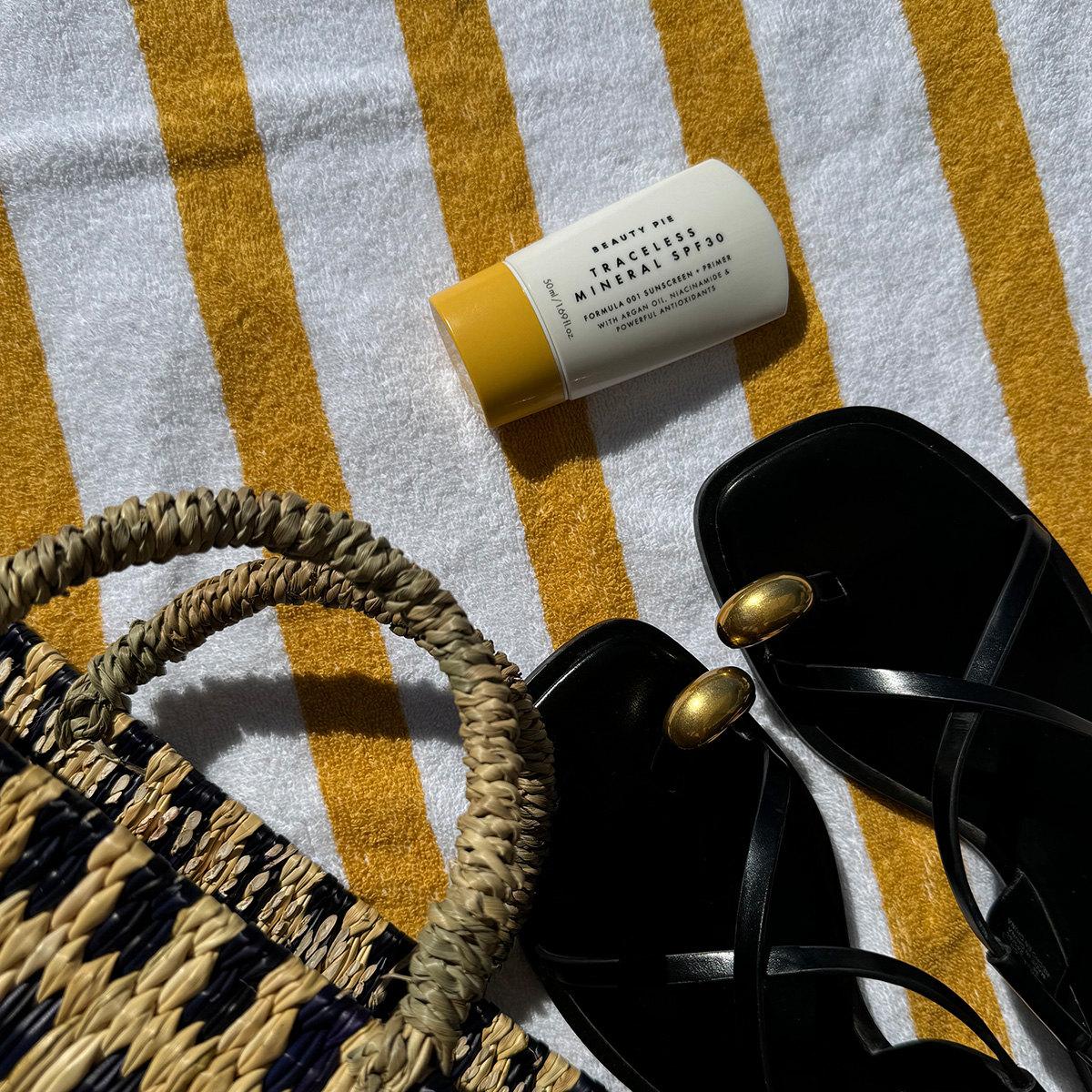 I'm an SPF Snob, But These Affordable Sunscreen Formulas Have Converted Me
I'm an SPF Snob, But These Affordable Sunscreen Formulas Have Converted MeAll under £25.
-
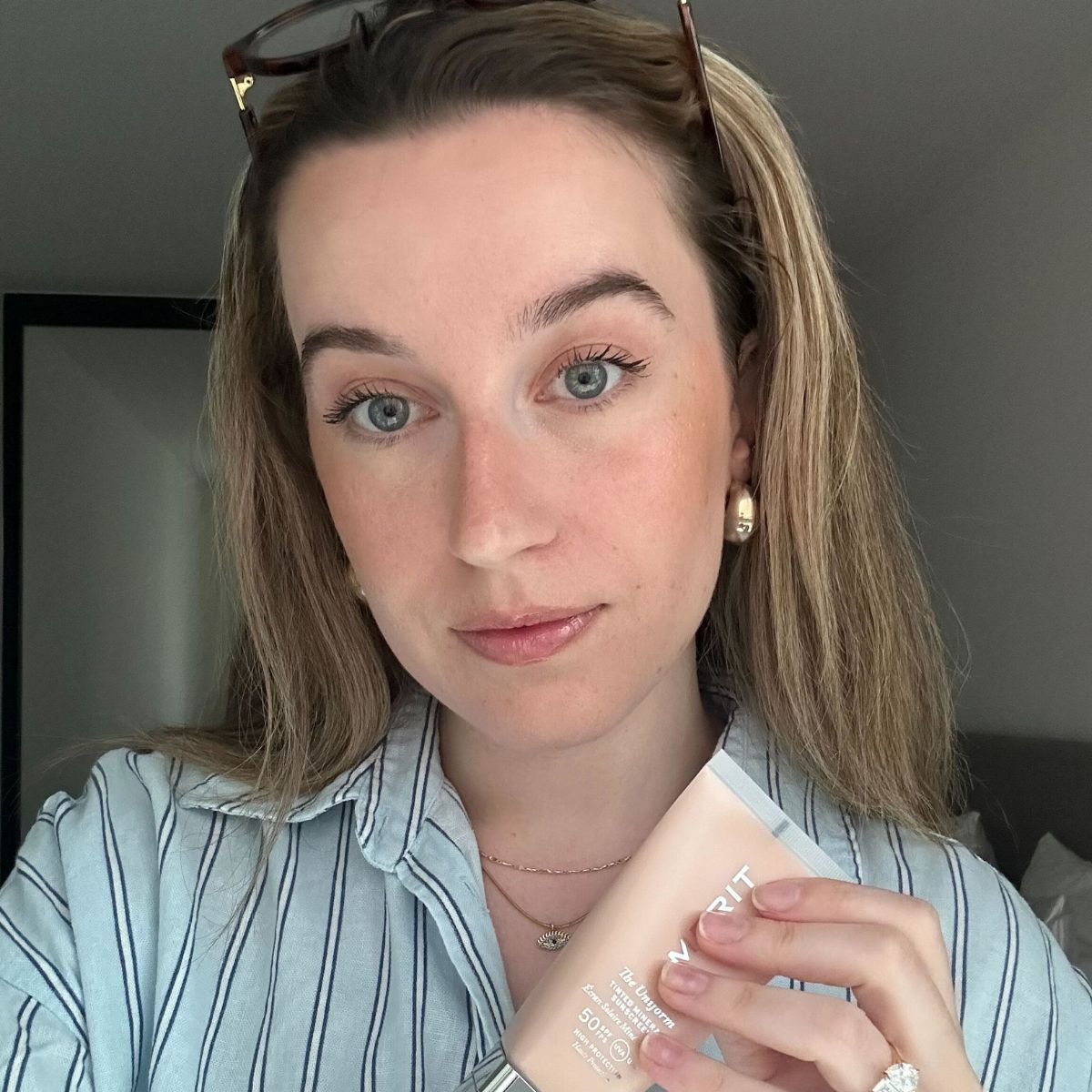 This Is Not a Drill: Merit Just Launched a New Hybrid Product and I've Been Secretly Wearing It for Weeks
This Is Not a Drill: Merit Just Launched a New Hybrid Product and I've Been Secretly Wearing It for WeeksIt's finally shoppable!
-
 I Never Wore SPF Until I Discovered These Lightweight, Skincare-Infused Formulas
I Never Wore SPF Until I Discovered These Lightweight, Skincare-Infused FormulasThey totally changed the game.
-
 Trust Me, I'm an Esthetician—If You Still Hate Applying SPF, You Probably Haven't Tried This Product
Trust Me, I'm an Esthetician—If You Still Hate Applying SPF, You Probably Haven't Tried This ProductI wear it 365 days a year.
-
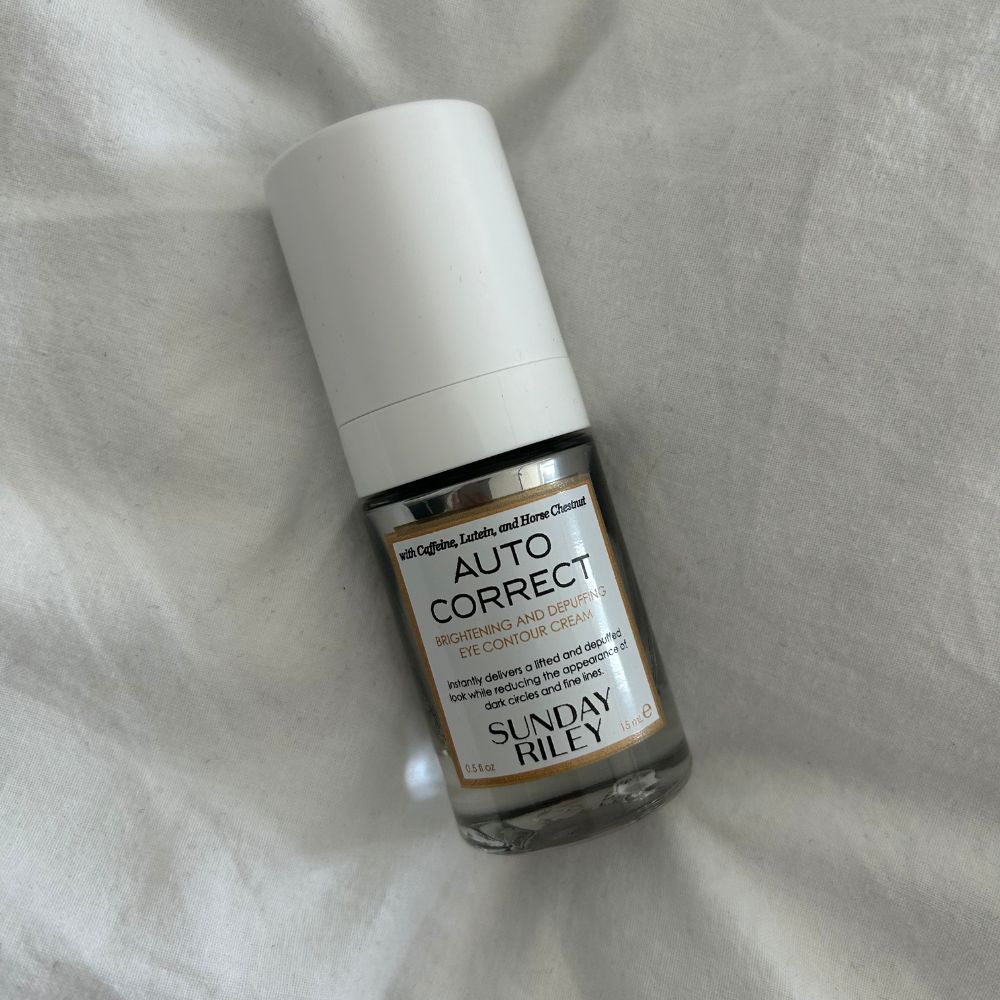 Beauty Editors Swear By This Luxury Eye Cream, But Does It Live Up to the Hype?
Beauty Editors Swear By This Luxury Eye Cream, But Does It Live Up to the Hype?Time to find out.
